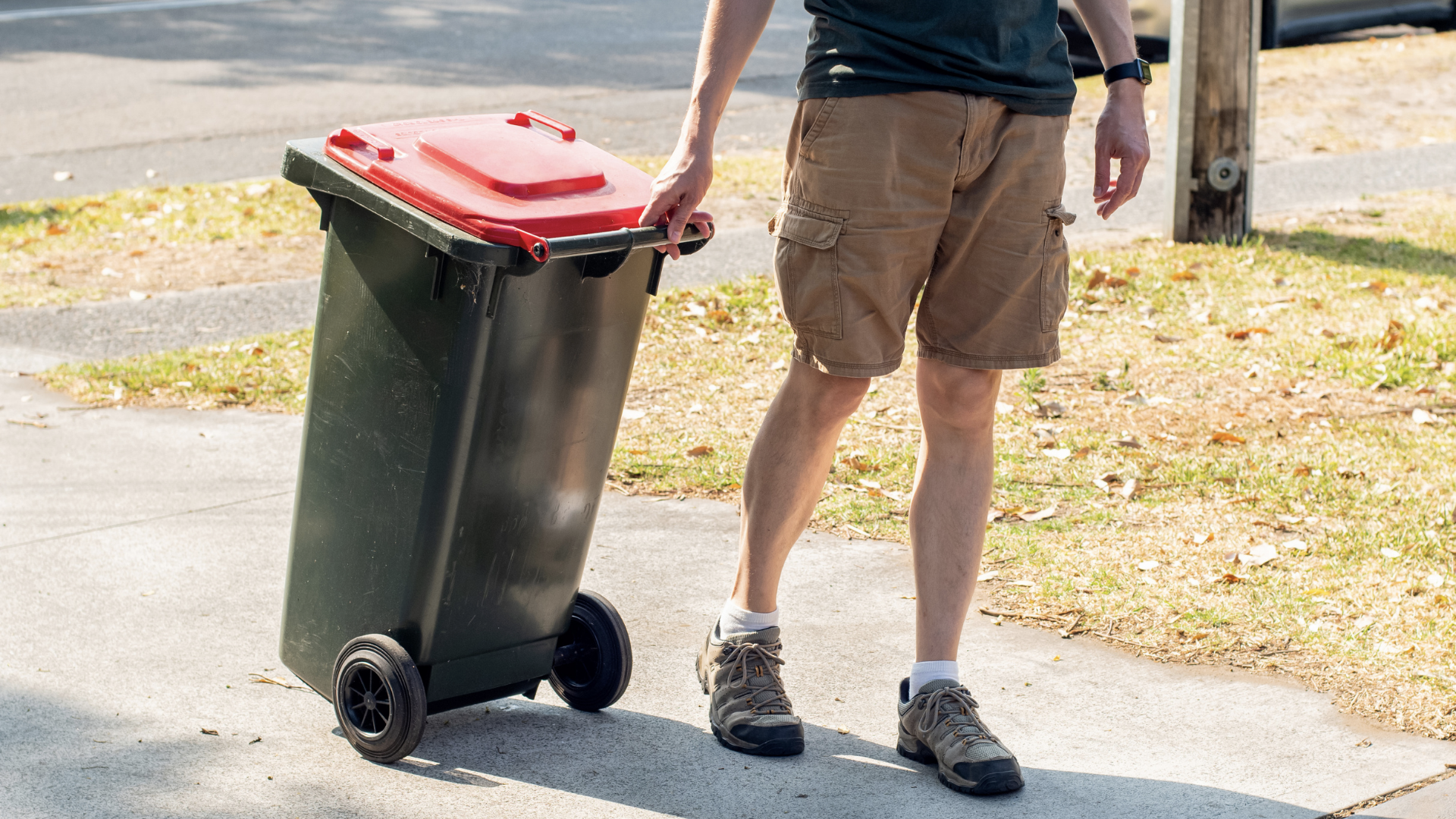Household waste is a significant global challenge that endangers human lives and the planet. Thankfully, the Internet of Things can help tackle the problem. This article highlights five ways IoT solutions can support efficient household waste management.
Household waste generation rates are rising at an alarming rate. According to
the World Bank, global households generate over two billion tonnes of waste annually. Moreover, at least 33% of this waste is not managed in ways that are safe for the environment. The situation is even worse in many low-income countries, where as much as 90% of waste is openly dumped or burned.
Poorly managed household waste causes numerous issues to communities and the planet. For instance, many wastes are harmful to human health if present in high levels or are hazardous due to their content. Furthermore, household waste contaminates soils and waterways, causing potential harm to ecosystems and aquatic life.
Conventional waste management processes also cause significant air pollution.
Research estimates that at least 5% of greenhouse gas emissions are generated by waste disposal methods like burning and chemical treatments.
Moving toward sustainable waste management requires significant effort and resources. Fortunately, emerging technologies like the Internet of Things can go a long way to helping households reduce their environmental footprint while saving time and money.
Today's post discusses five compelling ways IoT can facilitate efficient and cost-effective household waste management.
1. Optimized Garbage Truck Routes
Currently, the most common IoT use case in household waste management is automating collection routes. Truck drivers usually have no way of knowing the level of trash in bins.
Therefore, they have to make full round trips, checking every bin along the route, resulting in a significant waste of time and fuel.
IoT waste management applications improve collection workflows by giving sanitation workers a real-time view of the fill level of various disposal facilities, whose loads vary by day, week, or season.
Sensor-enabled, internet-connected garbage bins can gather information on fill level, temperature, humidity, and location. Then, with an end-user application, waste collectors can get automated route plans that prioritize sections in urgent need for clean-up and avoid bins that still have room.
2. Effective Waste Classification
Beyond truck route management, the Internet of Things can enhance waste categorization.
According to studies, people choose correctly between two trash bins only 30% of the time. Consequently, many of the items put into recycling bins are not recyclable, significantly complicating waste disposal processes.
IoT technologies can alleviate this problem by accurately directing people to the right bins. Sensors attached to trash cans can measure the weight, condition, and makeup of waste material and determine whether it is trash or recyclable.
Smart packaging fitted with RFID and NFC tags, QR codes, and barcodes can also help households improve how they dispose of waste. People confused about what waste goes where can quickly pull up disposal guidelines by scanning the tags and codes with their smartphones.
3. Predictive Waste Management
The success of any IoT-based application lies in its ability to collect vast amounts of data in real-time and convert it into insights that drive meaningful action.
In waste management, IoT data can help predict problems and point improvement efforts in the right direction. For instance, sensors installed on garbage trucks and bins can monitor patterns in the weight of refuse over time. With this data, local agencies can predict when bins need to be serviced and increase their service frequency during high-waste periods.
Commercial building managers that run large apartment complexes or office buildings can also use IoT technologies to predict residents' trash disposal needs and make impactful improvements.
4. E-waste Reduction
E-waste is an increasingly significant constituent of household waste and a growing environmental concern. In recent years, the global electronics market has grown exponentially while product lifespan has shortened dramatically. As a result, more devices and components are ending up in landfills and recycling centers, posing an unprecedented challenge to policymakers.
Although most materials making up electronics can be safely reused and recycled, many waste managers and city administrators lack the resources and support necessary to run a successful initiative. Thankfully, the Internet of Things presents a simple yet highly effective solution.
Embedded microsensors in electronic devices can help keep track of replaceable parts like batteries and screens and alert users when they need replacing. Then, with a few steps, users can request a visit from after-sale service providers, who will do the replacement on-site and take the faulty parts away for proper disposal.
5. Public Engagement
Public awareness is a critical action for proper waste management. Because household waste is a product of human activities, everyone needs to understand waste management issues and the part they can play to alleviate them.
IoT applications can help raise awareness of household waste management by giving stakeholders a real-time view of their daily waste footprint. For example, by integrating sensor data from smart trash cans into apps, households can see how much waste they generate and take corrective measures. Apps like
Rubicon even enable users to request trash pick-ups with their smartphones.
No Time to Waste
In an era of rapid population growth, sustainable household waste management is critical for healthy, climate-friendly communities. With global municipal waste expected to reach
3.4 billion tonnes by 2050, action is more critical than ever.
The Internet of Things is poised to revolutionize how people manage waste in the years ahead. Beyond just helping households dispose of their waste more efficiently, IoT technologies can enable communities and companies to integrate smart solutions into their entire disposal process. As a result, this global issue can be turned into an opportunity for cleaner living spaces and greener economies.
The rapidly expanding IoT market has a wide array of solutions that can alleviate the many stress points of household waste management. Whether you are looking for a home-based product or a larger-scale solution,
IoT2Market has numerous options for your consideration.
Create a free account today and start exploring.




